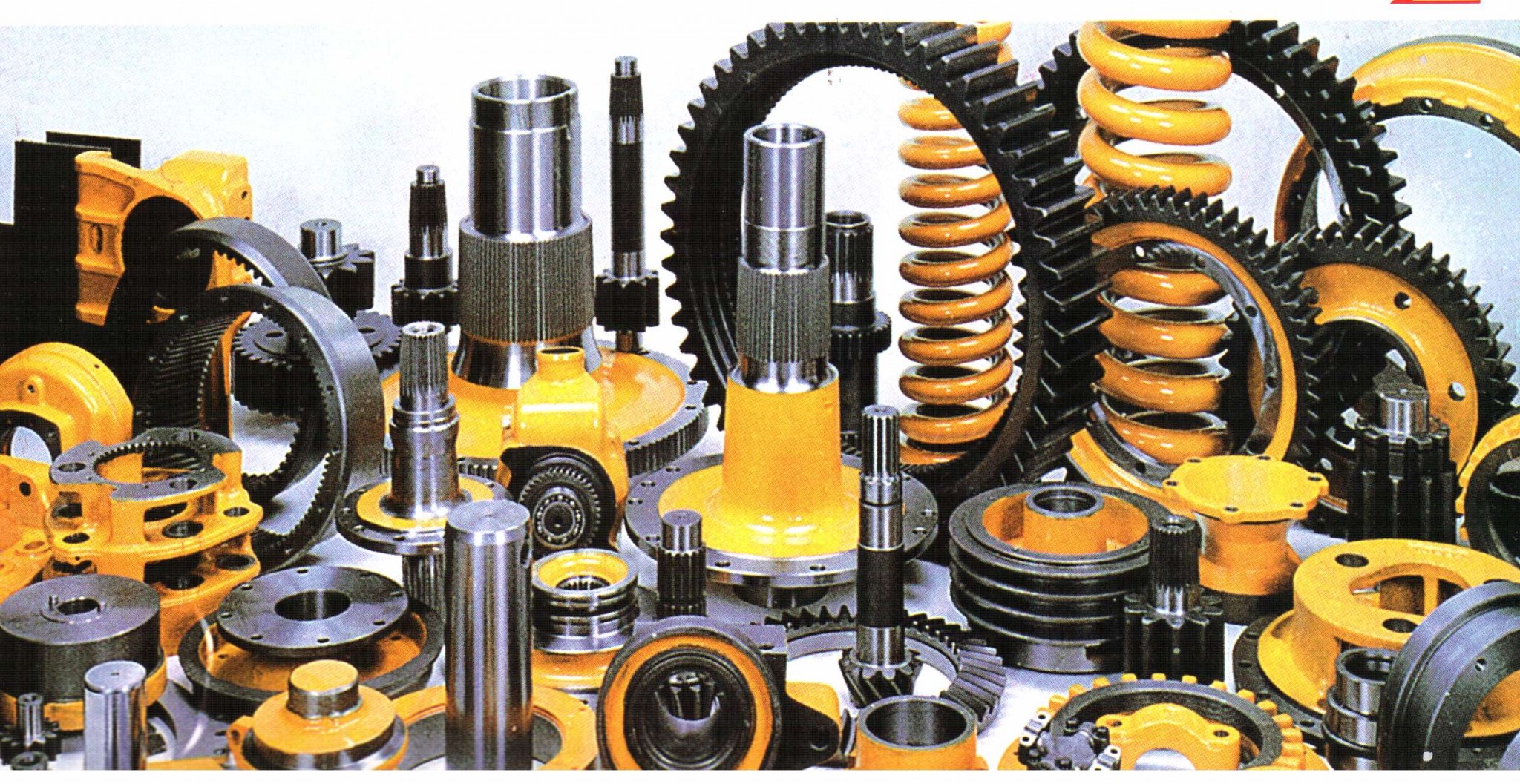Navigating the world of used car parts can feel like trespassing into a realm filled with both opportunity and uncertainty. On one hand, the allure of significant savings can be incredibly tempting—after all, who wouldn’t want to restore their vehicle without draining their wallet? On the other hand, buyers often find themselves questioning the quality and reliability of these components.
Is that part truly fit for purpose, or is it a risk waiting to happen? Before you dive into the vast marketplace of used auto parts, it’s essential to arm yourself with knowledge. From understanding warranty options to distinguishing between reputable sellers and potential pitfalls, there’s much to consider.
This guide will help you sift through the noise, offering insights into how to make informed decisions that ensure your vehicle remains safe and sound on the road.
Understanding Used Car Parts

Understanding used car parts involves more than just identifying the right components; it requires a discerning eye and a grasp of the vehicle’s intricate systems. These parts, often salvaged from vehicles that are no longer on the road, can vary widely in condition and reliability.
Some pieces may have years of life left in them, while others might be on the brink of failure. The key is to meticulously evaluate each part—checking for signs of wear, rust, or damage—while also considering the reputation of the seller.
Furthermore, it’s essential to know the exact specifications of the parts you need, as slight variances can lead to compatibility issues. Navigating this terrain can be daunting, yet for many, the potential savings and sustainable choice of reusing car components make the effort worthwhile.
The Benefits of Buying Used Car Parts

Buying used car parts can be a savvy choice for budget-conscious consumers seeking to maintain or repair their vehicles without the hefty price tag of brand-new components. These secondhand options are often significantly less expensive than their newer counterparts, allowing you to stretch your dollar further.
Moreover, many used parts come from vehicles that were only lightly damaged or scrapped, meaning they can still possess plenty of life and functionality. Not only does purchasing used parts save money, but its also an environmentally friendly decision; reusing components reduces waste and minimizes the demand for new manufacturing.
However, with this opportunity comes the responsibility of ensuring quality and compatibility—so it’s essential to source parts from reputable suppliers and familiarize yourself with the specific components you need. Ultimately, the benefits of buying used car parts extend beyond just cost savings—they represent a smart, sustainable choice in the world of automotive care.
Risks and Considerations

When considering the purchase of used car parts, several risks and considerations should be kept at the forefront of your mind. Firstly, the condition of used parts can be highly variable; what looks good from the outside may harbor unseen defects that could lead to future malfunctions or safety hazards.
Additionally, the compatibility of parts with your specific vehicle model is paramount; using the wrong component can cause extensive damage or result in subpar performance. Furthermore, sourcing parts from unreliable sellers can increase the likelihood of purchasing counterfeit or salvaged items that do not meet quality standards.
Warranty issues also come into play: many used parts come with limited or no guarantees, leaving you vulnerable if something goes wrong after the sale. Thus, while the temptation of lower prices is alluring, due diligence and cautious evaluation can mean the difference between a smart purchase and a costly mistake.
Conclusion
In conclusion, while buying used car parts can be a cost-effective solution for vehicle maintenance and repairs, its essential to approach the process with caution and knowledge. By understanding the potential risks and benefits, researching reputable suppliers, and ensuring you have a clear grasp of warranties and return policies, you can significantly increase your chances of making a sound purchase.
Whether you’re a DIY enthusiast or simply looking to save on repairs, being informed will help you navigate the used auto parts market safely and effectively, ultimately leading to a more satisfactory automotive experience.

